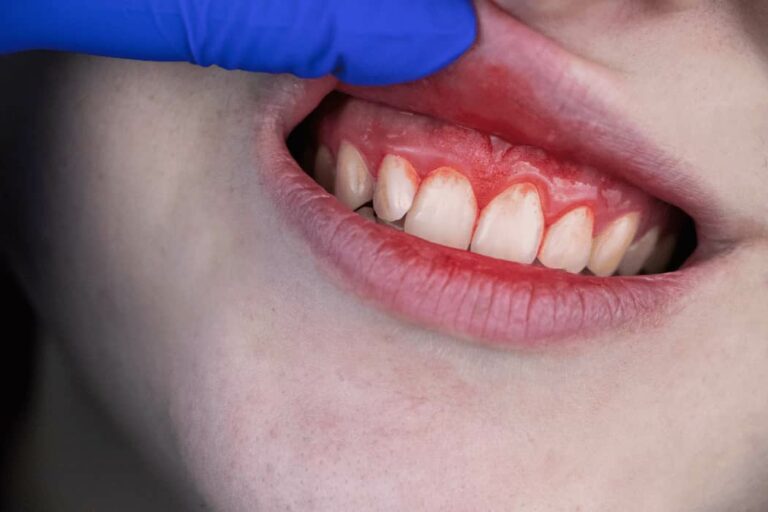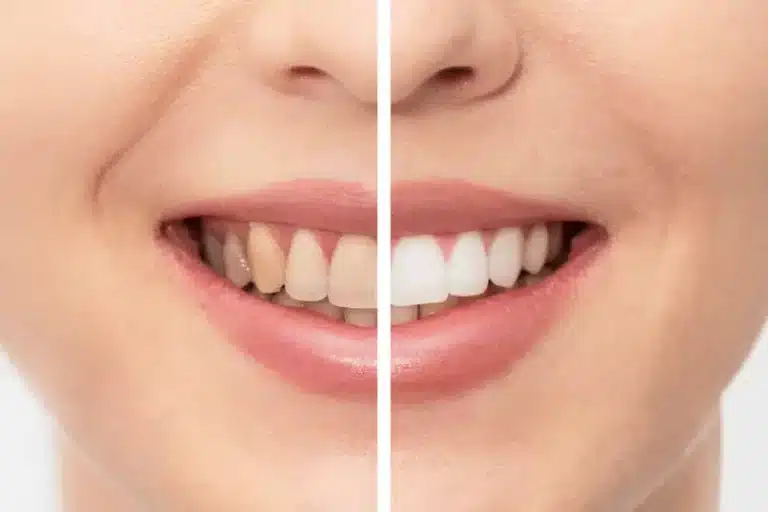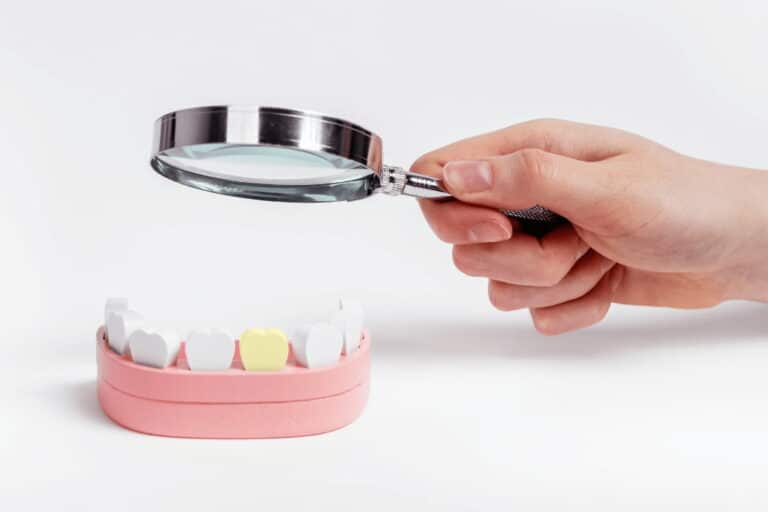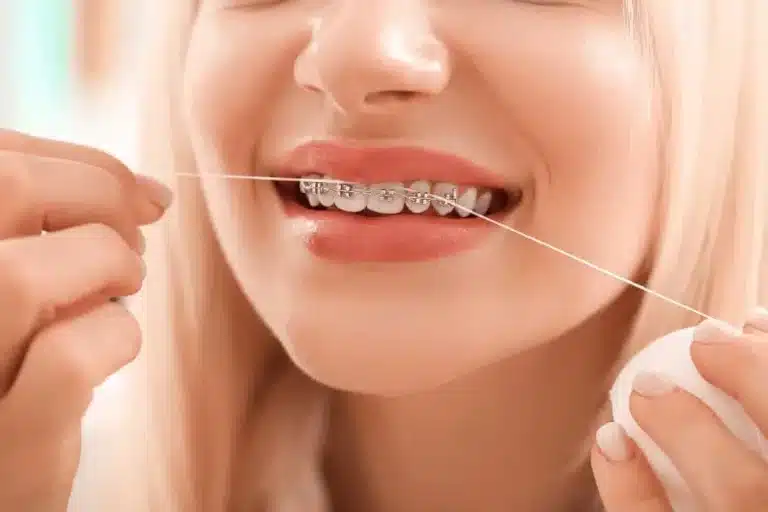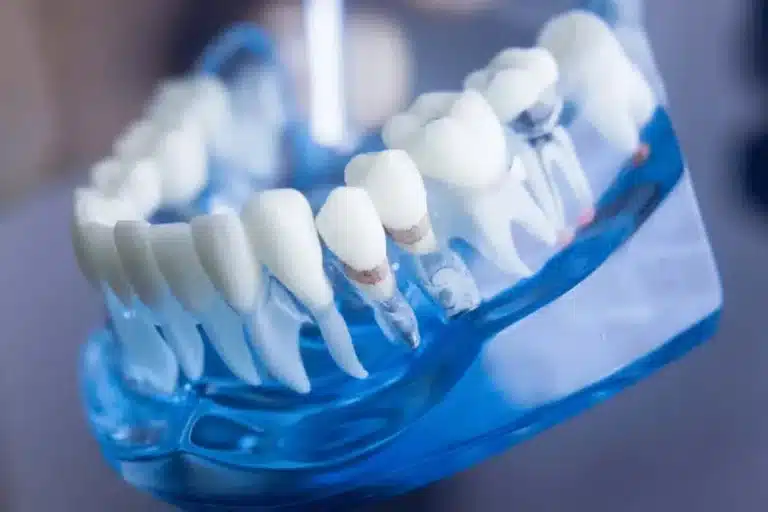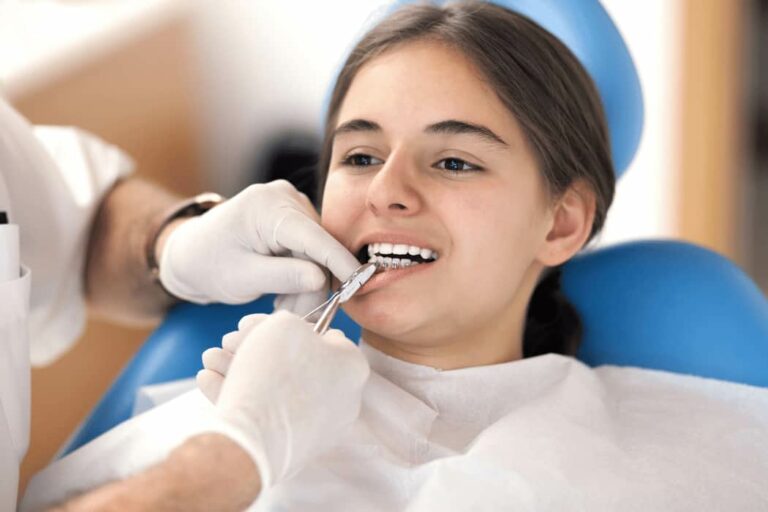Sedation Dentistry: Stress-Free Care for Smiles
For many individuals, a visit to the dentist can be accompanied by feelings of anxiety and fear. These emotions often deter people from seeking necessary dental care, leading to a decline in oral health. Fortunately, the field of dentistry has evolved to address these concerns, and one such solution gaining popularity is sedation dentistry. In this blog, we will explore the concept of sedation dentistry, its benefits, different types of sedation, and why it might be the key to stress-free dental care for many.
Understanding Sedation Dentistry
Sedation dentistry, also known as sleep dentistry, involves the use of sedatives to help patients relax during dental procedures. This practice is particularly beneficial for individuals who experience dental phobia, anxiety, or have a low pain threshold. By inducing a state of deep relaxation, sedation dentistry allows patients to receive the dental care they need without the associated stress and fear. The Dentist in Frisco TX, provides exceptional dental care, employing modern techniques and personalized approaches to promote overall oral health in the local community.
The Benefits of Sedation Dentistry
Reduced Anxiety and Fear
The primary advantage of sedation dentistry is its ability to alleviate anxiety and fear associated with dental visits. Many people avoid dental appointments due to these emotions, leading to the neglect of oral health. Sedation helps create a calming environment, making it easier for individuals to undergo necessary dental procedures.
Increased Comfort
Sedation ensures that patients remain comfortable throughout the dental procedure. This is especially beneficial for longer treatments or surgeries, where maintaining a relaxed state is crucial for both the patient and the dentist.
Time Efficiency
With patients in a state of relaxation, dentists can often complete procedures more efficiently. This time-saving aspect can be advantageous for both the dental practitioner and the patient, making it easier to schedule appointments and receive timely care.
Types of Sedation in Dentistry
Nitrous Oxide (Laughing Gas)
Nitrous oxide is a commonly used form of sedation that is administered through a mask placed over the nose. It induces a state of relaxation and euphoria, allowing patients to remain conscious but at ease during dental procedures. One of the key benefits is that the effects wear off quickly after the gas is stopped, enabling patients to resume their normal activities shortly after the appointment.
Oral Sedation
Oral sedation involves the administration of a prescribed medication, usually in the form of a pill, to induce a state of relaxation. While patients remain conscious, they may feel drowsy and might not remember much of the procedure afterward. This form of sedation is convenient and often preferred by those with a fear of needles.
Intravenous (IV) Sedation
IV sedation is a more potent form of sedation administered directly into the bloodstream through a vein. This type of sedation allows for a deeper level of relaxation, making it suitable for more complex dental procedures. Patients may remain conscious but are likely to have little to no memory of the treatment.
Is Sedation Dentistry Right for You?
While sedation dentistry offers numerous benefits, it may not be suitable for everyone. Individuals with certain medical conditions or allergies to specific medications should consult their dentist before opting for sedation. A thorough evaluation of the patient’s health history ensures that the chosen sedation method is safe and appropriate for their needs.
Open Communication with Your Dentist
Building trust and open communication with your dentist is essential. Discussing your fears and concerns allows the dental team to tailor their approach and make accommodations to ensure your comfort.
Understanding the Procedure
Fear often stems from the unknown. Ask your dentist to explain the details of the procedure, including the steps involved, expected duration, and any potential discomfort. Knowing what to expect can alleviate anxiety.
Exploring Sedation Options
If dental anxiety persists, consider discussing sedation options with your dentist. They can help determine the most suitable form of sedation based on your health, the complexity of the procedure, and your personal preferences.
Conclusion
Sedation dentistry has emerged as a transformative solution for those seeking stress-free dental care. By addressing the root causes of anxiety and fear associated with dental visits, sedation allows individuals to prioritize their oral health without compromising their well-being. Whether through nitrous oxide, oral sedation, or IV sedation, the various options cater to different needs and preferences. As dental technology continues to advance, the integration of sedation dentistry into mainstream practices offers a promising future for oral healthcare. Embracing these innovations can empower individuals to overcome their dental anxieties and embark on the journey to a healthier, happier smile. If fear has been a barrier to your dental care, consider exploring sedation dentistry to transform your dental experience into a positive and stress-free one. Your smile deserves it.


